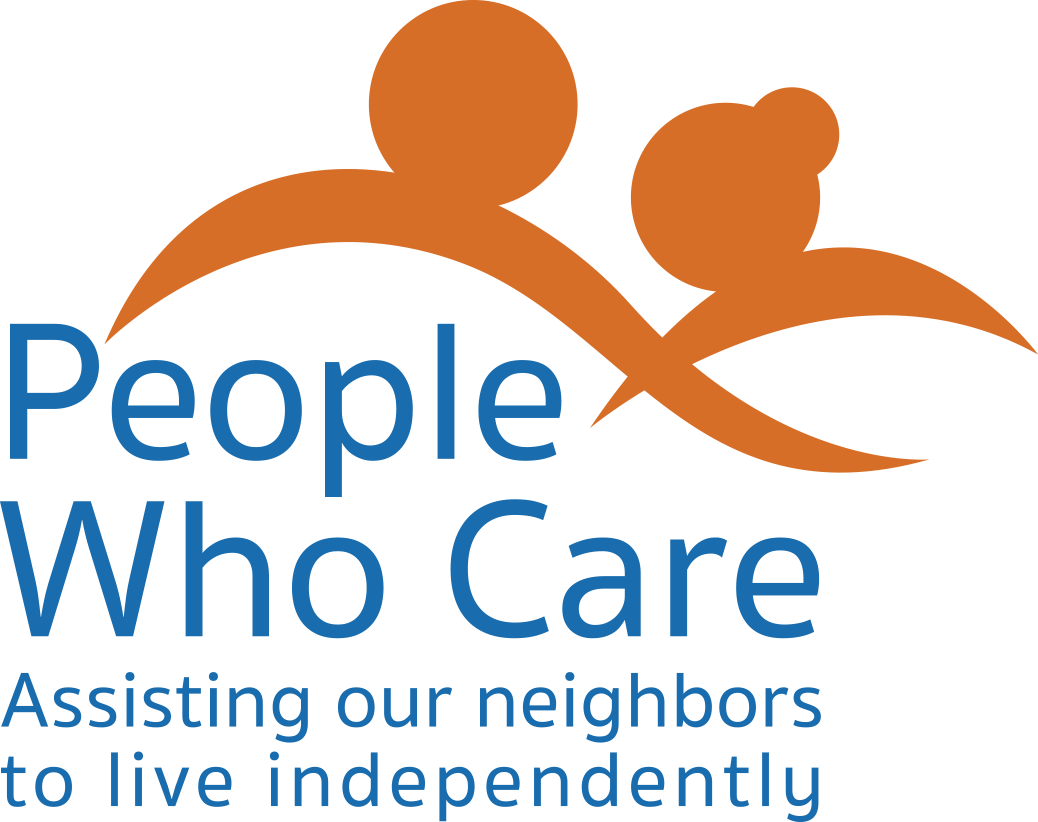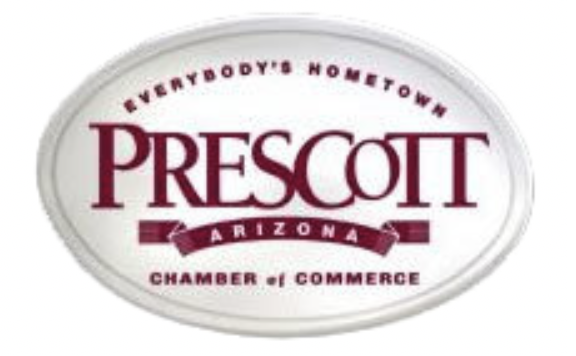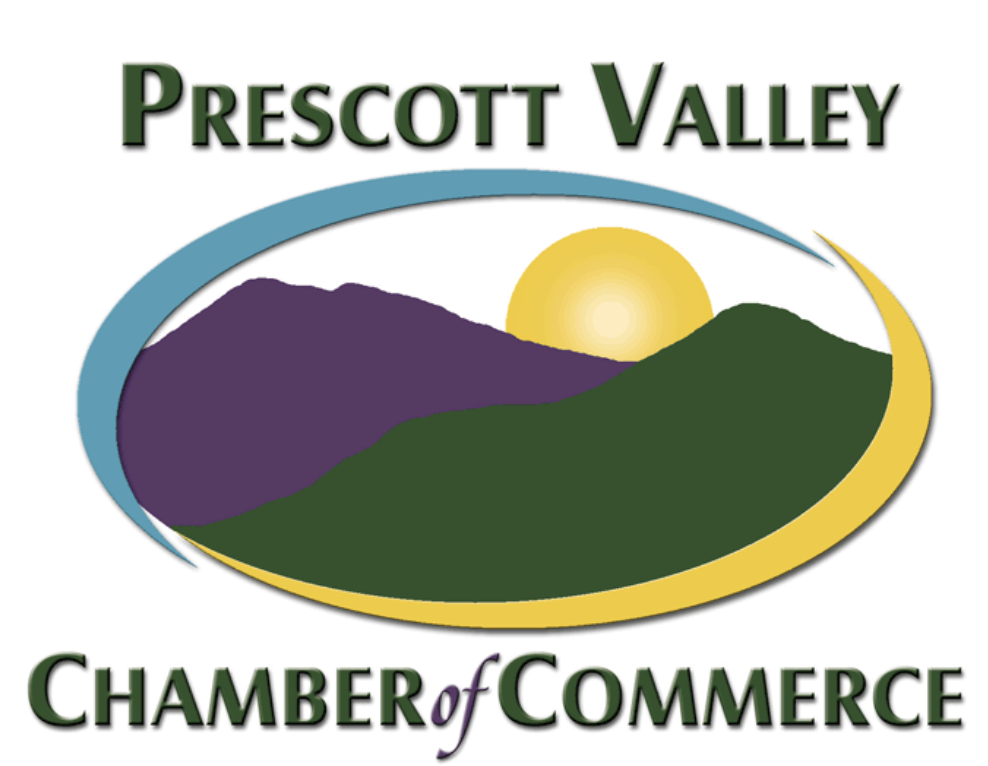Celebrating a Season of Thankfulness
Bev Thurber - October 2022
November and Thanksgiving…a time for reflection of the many blessings in our lives. At People Who
Care, our blessings are the amazing volunteers and donors who make it possible to help our Neighbors
throughout the year. Who are our Neighbors? They are people throughout the Quad Cities who can no
longer drive due to age, vision or disability, and need a little extra support to stay independent in their
homes.
Our volunteers accompany our Neighbors to medical appointments and grocery stores, using their own
vehicles to provide the necessary transportation and remaining with the Neighbors until they are safely
home. Volunteers also deliver groceries, help with technology and personal paperwork, and provide
friendly visits for people who are often isolated in their homes. In addition, we have volunteers in the
office who spend countless hours scheduling and coordinating these services. Last year our volunteers
gave an amazing 16,000 hours of their time to help our Neighbors. Here are just a few of the thank-you
notes that grateful Neighbors have sent us about our volunteers:
“I know about loneliness. My wife died of cancer last year and I have been abandoned by my
family. I am so thankful that I found you and all of your wonderful, caring volunteers. Every day
that they are in my life is a beautiful one.”
Your kindness means more to me than I can express. Without your help, there’s no way I could
continue to receive the medical help I need. Meeting your wonderful volunteers has SO enriched
my life. I am forever grateful.
My thanks once again for the ride to my medical appointment today. You have such pleasant
volunteers to do these much-needed tasks for all of us seniors. You must be very proud of the
QUALITY of your volunteers.
At People Who Care, we are also very grateful that we can provide these services at no cost to our
Neighbors, which is due both to our volunteers and to our very generous donors. Over 25% of our
expenses are covered by the generosity of individuals throughout our community. As we head toward
the end of the year, we hope you will remember People Who Care and our Neighbors as you think about
your end-of-year giving. If you are over the age of 72 ½, you might also consider giving to People Who
Care as part of your IRA Required Minimum Distribution. The distribution can be transferred directly to
People Who Care, and that amount does not count as taxable income. For more information about
volunteering or donating to People Who Care, visit www.PeopleWhoCareAZ.org.
We at People Who Care wish everyone a very Happy Thanksgiving.
Feeling the Reward of Volunteering
CJ Meldahl – Quad Cities Business News – August 2022
Somebody asked, “Why do people volunteer?” and I flashed back on a memory of a friend of mine who campaigned with everyone she met. “Volunteer,” she’d say. “It’s good for you!” She even went so far as to tie a volunteer project into her birthday celebration, and in those instances, she would bring her friends together, reluctant ones, too, to clean up the trash by the river or a park or boulevard. Kay believes that as humans we each are called to help each other.
In talking about this recently, another person answered the question like this:
“When I moved from Ohio to Phoenix, I was 21 years old. My first best friend was 75 years old. I’ve always been drawn to a seasoned citizen, I guess. I worked for a company for 35 years that supported and encouraged volunteerism. We were expected to volunteer and I realize now that it has shaped the way I view helping other. While I was working full-time, I thought, ‘Now, why would anybody volunteer their time without getting paid? Who has time for that?’ We made time because it was expected of us, but now I see how helping others really adds value to your own life. Now that I’m retired, I have the time and energy to put into helping others and People Who Care has afforded me this opportunity. I see the impact we have on folks that are homebound. Can you imagine not being able to drive and do what you want when you want? You can’t even jump in the car and have lunch or drive though a drive-thru for a burger. I have a neighbor that I take weekly to the post office to get her mail. We go to lunch and have really great conversations. I recently took my beloved neighbor to get a mammogram and ultrasound. I was there when the doctor came in and told my neighbor that she has breast cancer at 84 years old. I was the only one there with her in the room. I often wonder how you would feel getting that kind of news with nobody around to be with you at that critical moment. That’s the significance of what we do. Sometimes the need in this world seems overwhelming, and I think, ‘I can’t save the world.’ But then I remember the quote, ‘Helping one person might not save the world but it could change the world for one person.’ That keeps me doing whatever I can do to help others. I’m just thankful that I get to be there for her and help her through the hard months ahead. I think I actually get more out of driving my neighbors to the store or to their appointments that they do. There is so much wisdom and insight I gain from making friends with my neighbors. They are grateful and so am I. I am totally blessed,” said Pam.
Neighbor Safety
10/11/2022
The other day an email from one of People Who Care’s devoted volunteers popped up. She wanted to express some concerns for one of her longtime Neighbors, which is what we call our clients, noticing a decline in her living conditions. This Neighbor, who is legally blind and well into her 90s, had been relying on a weekly cleaning person to keep things tidied up, but from the volunteer’s perspective, no one had been providing this service for a while. And so, it led to this question: Is the Neighbor safe living on her own?
It’s a common question. At a personal level, we ask it about our own relatives and friends, and organizations such as PWC must answer it often as well. PWC’s first response is to encourage family involvement, but it is always mindful that many families may not live in close proximity to one another; what’s more, the family members of older people are often deceased, in which case, family involvement is not the answer.
The reality, though, is that a line has already been drawn in such situations. In Arizona, it’s the individual’s choice, regardless of anyone else’s concern. If she chooses to remain at home, in spite of the conditions, rather than move somewhere else, she has that right, and for many of us, this is a difficult and concerning fact to accept. How will this person get the help she needs?
Luckily, some additional supports are available. Meals on Wheels provides healthy meals, and volunteers can continue checking-in. The NACOG Area Agency on Aging offers great informational support, which can identify assistance that may be available. PWC provides a 911 Angel Alert which works with landlines at no charge. We also inform individuals with cell phones about an app, SnugSafety, that makes free daily check-in calls to seniors living independently, and it notifies emergency contacts if the check-ins are not acknowledged.
PWC also provides safety inspections and minor home repairs as a part of its Home Safety Program, which looks to identify and address issues such as trip hazards and poor lighting, and to recommend practical adaptations—paint finishes, tactile strips, task lighting—to help those with low vision. In addition, Habitat for Humanity may have the funds and the volunteers to take on more extensive repairs.
I’ve recently been dealing with an out-of-state family member whose poor health has truly brought to light the challenges of assessing from afar the real living conditions, both physical and mental, and making decisions based on those long-distance assessments. I am reminded that what I may want for her may not be what she wants for herself, and I must frequently implore my conscience to help me determine whether or not I need to put aside my choices in order to honor hers. It’s a humbling and lonely feeling. And then I give myself a break, remembering that we are here because WE CARE. (487 words)
Volunteer is Just Another Word for Neighbor
CJ Meldahl - September 28, 2022
The individuals who take the time to care for others aren’t just volunteering, they are a great example of what it means to be a neighbor. CJ Meldahl, the Executive Director of People Who Care, takes a moment to reflect on the importance of volunteers in the community.
I recently spoke to a group about People Who Care, sharing with them information about the services we provide and how we assist individuals who cannot drive get to their essential appointments. A woman who was attending looked at me and, very bluntly said, “Their neighbors should take care of that.” Then she promptly turned and walked away.
After consideration, I think she missed the point that the assistance we provide to our “Neighbors” is provided by volunteers, which I would argue is the same as if they were physical neighbors. It is an act of looking out for someone and recognizing a need that we have within our ability to fill.
It so happens that for the last five weeks I have been unable to drive due to a medical condition. I don’t mind telling you that I have been blessed by caring individuals who came to my house every other day to deliver meals for my husband and me. It was such a relief! I did not have to worry about what we were going to eat or if my husband could prepare something. I couldn’t. This is similar to when a Neighbor can’t go to the grocery store, and one of our volunteers takes the order over the phone and then orders online. Then that volunteer, or maybe another, picks-up that order and delivers it to the Neighbor, sometimes helping the Neighbor put things away or spends some time with them.
It doesn’t take a lot of effort to pick up and deliver something to someone who is homebound. Prior to being restricted myself, I took a phone call from a PWC Neighbor who was looking for help with her paperwork. I quietly said, “People Who Care can do that for you.” “You can?” she asked. I responded, “Yes, we will set you up with one of our volunteers who can perform this task with you.” Then she said, “I need help in one more area.” “What do you need?” I asked. She said she needed to arrange for a prescription that she need to start taking immediately to be picked up. I asked where it was being filled and since I was passing that way, and I volunteered to pick it up and drop it off. Her relief was complete. It wasn’t out of my way. It wasn’t a hardship for me. It was a welcome exercise to perform and a good feeling that it meant so much to her.
That’s it really. With just a little effort on my part, I can make such a difference in another person’s life.
People Who Care’s volunteers don’t look around to see if somebody else will do it. They are the initiators and look to see where help is needed. Join us and help a Neighbor as a Volunteer in Prescott, Prescott Valley, Dewey, or Chino Valley. Contact People Who Care at www.peoplewhocareaz.com, or 928-445-2480.
Driving for Others
Barry DeKemper - Quad Cities Business News - September 9, 2022
Ask yourself how you’d feel if you couldn’t drive. Think back to a time when your car was in the shop for a day. Remember how antsy it made you? Now go a step farther. Imagine what it would be like if you could never drive again. This is what it’s like for People Who Care’s clients—our neighbors—none of whom can drive, all of whom must depend upon others to get around.
For most, driving is an afterthought, like flipping a switch to light a room, turning a handle to fill a bathtub, or pressing a button to find a favorite TV show. When we need milk for tomorrow morning’s cereal, we grab our car keys and drive to the grocery store. When we have a headache, we drive to the local pharmacy for aspirin. When we feel like visiting a friend, we jump in our car and drive to their house. When we want ice cream for the family, we head to our favorite parlor. We hardly think about these things, but if we lost our ability to drive, we would feel isolated, alone, and maybe even a little afraid.
We could survive without the ice cream, but could we get by without seeing our doctors? What if we couldn’t pick-up the medicine we need? And what if we were not only out of milk, but we were also out of fresh produce and bread and sugar and other pantry staples? People Who Care’s neighbors depend upon volunteers to complete these essential tasks.
Think about this. What if you had to choose between buying a few groceries to get you through the week or paying for a prescription to manage your blood pressure? What if you had to choose between paying for an Uber ride to visit that friend across town or paying your electric bill? These are the kinds of choices that many of our neighbors who live on fixed incomes must make in order to stretch their money.
Perhaps one of the more insidious impacts of not being able to drive is the isolation that it causes. The Centers for Disease Control reports that nearly 25% of those 65 and older are socially isolated, living alone, with no friends or family. For those who can’t drive, the problem is even worse. Isolation breeds loneliness, loneliness often leads to depression, and both are closely linked to other serious health issues that are prevalent among older people.
In the Quad Cities that we serve, the percentage of elderly is twice the national average, which means that there are many people who cannot drive to see their doctors, buy groceries, or visit friends. People Who Care provides these essential transportation services for them, free of charge, through its network of volunteers. Those who can’t drive are counting on those who can. Let’s not disappoint them. Volunteer today!
Pam Blackburn Story
July 2022
Do you find yourself asking others to repeat themselves or stop mumbling when they speak? They might be the problem, but there’s also a chance that it might be you. These could be signs of hearing impairment, which is any decrease in hearing, permanent or fluctuating, that makes it difficult to hear conversational speech. It affects many people. In fact, over 430 million people—5% of the world’s population—need hearing rehabilitation, a number expected to reach 700 million by 2050 (Word Health Organization). If you are over 60, you just might be one of the 30% of Americans who have some level of hearing loss, according to the CDC. And since the over-60 crowd in Prescott is twice the national average, chances are fairly high that you are related to, work alongside, or associate with someone who has hearing loss. But what can we do from a practical standpoint? People Who Care, a nonprofit organization that provides free transportation and nonmedical support services to homebound adults, has some ideas.
When conversing with hard of hearing individuals, look directly at them and maintain eye contact so they can read your lips, observe your facial expressions, and interpret your gestures to supplement their hearing. If you are facing away or multitasking, they lose this ability.
When speaking to someone with hearing loss, don’t exaggerate your speech or lip movements, don’t speak loudly, and definitely don’t shout—the high volume may make it worse. Speak slowly. Enunciate clearly.
If a hard of hearing person asks you to repeat something, respond naturally and take care not to speak more sharply for emphasis; sharp responses are often accompanied by sharp expressions that may be interpreted as impatience or irritability.
Encourage people with hearing loss to participate in social activities, which all people need to prevent social isolation, loneliness, and even depression. Lonely, isolated people risk the loss of cognitive abilities–we need to stimulate our minds!
When dealing with specific information, such as an address, a meeting time, or a doctor’s appointment, write down the information or ask the person to repeat it to make sure he or she understands.
The environment is important, too. Consider what it can be like for hard of hearing folks in public spaces, such as restaurants and bars. Respect their need to sit away from loud speakers, restaurant kitchens, bussing areas, and ice machines.
Remember the old expression, “Got wax in your ears”? Could be some truth to it. If you notice loved ones or friends having a hard time hearing you, suggest that they have a doctor check their ears—for wax build-up!
Remember as well that the sooner hearing loss is treated, the better. Waiting to see a doctor is a bad idea, because once hearing is lost, it’s lost for good.
Hearing loss does not mean that a person has nothing to say. Helen Keller said, “Blindness cuts us off from things, but deafness cuts us off from people.” Let’s not forget that.
Unsung Heroes- Making Health Care Happen
October 2022
Many of us are all too familiar with the frustration of trying to juggle an overwhelming number of tasks in systems over which we have little control. It is hard and excruciating work! For those in our community who do not drive, are elderly, have physical limitation, are not familiar with new technology, or are new to being a patient, these tasks may seem nearly impossible!
Simply attending a doctor appointment, for example, often involves many complicated steps that likely require sufficient mobility and vision, the ability to drive, good memory and organizational skills, and comprehension of your insurance coverage. Our client/neighbors are often too overwhelmed to orchestrate this on their own, or without assistance. Without completing all the necessary steps, access to health care may be limited.
People Who Care volunteers do not merely provide our neighbors a ride to their doctor appointment. Prior to the ride, the neighbor is called by our office volunteers as both confirmation of the appointment and a reminder. The volunteer driver calls to set up the pick-up time the night before, and then provides attentive door-through-door transport by assisting them into and out of their home, the volunteer’s vehicle, and their doctor’s office. They ensure that the neighbor is as safe and comfortable as possible throughout the journey. Following the appointments, volunteers often assist with confirmation of follow-up appointments and lend a supportive ear when needed. A spontaneous stop for coffee or ice cream is not out of the norm!
It is these behind-the-scenes services, the lubrication in the system that bridge the gaps for our neighbors between social services available, personal financial limitations, or the ability to comprehend what is being said to them. When family or friends are limited this support from our volunteers makes the difference.
To all the family members, friends, and volunteers in our community who faithfully pay attention to these “tiny” details that make health care happen- YOU are the unsung heroes that hold it all together- THANK YOU!
People Who Care announces that Executive Director Fritzi Mevis has Retired after 20 Years of Service.
February 2022
After twenty years of developing, growing and directing People Who Care, Fritzi Mevis has retired from her passionate leadership of this nonprofit organization. Fritzi joined the organization in its eighth year as a secretary, and in short order became its dedicated leader. She expanded the agency from the original Prescott, Chino Valley focus to encompass Prescott Valley and Dewey six years ago. Offices now exist in Prescott, Chino Valley and Prescott Valley, and assist some 400 client/Neighbors.
Fritzi recruited the first volunteer to help her cover the office, and that resulted in People Who Care’s engine, a group of amazing Volunteers who donated 20,000 hours of their time in 2019. Volunteers provide transportation to people who cannot drive and have limited friends or family to call upon. Essential transportation to medical and non-medical appointments, and to grocery shop are scheduled through the offices. They also perform home safety checks, family caregiver relief, personal paperwork, and minor home repair, and, for low-income at-risk adults, provide a 911 medical alert. In addition, personal friendly visits and weekly phone calls develop the long-term nurturing relationships that are so important to Neighbors and Volunteers.
Many of the Volunteers have ongoing assignments with a specific Neighbor that builds relationships that often result in long lasting friendships.
People Who Care has benefited the communities they operate in. Because of their assistance to Neighbors, these individuals can remain living independently in their own home and communities. By providing essential transportation where there are limited options for fixed income adults, the agency helps alleviate food insecurity and promotes better health outcomes.
The Board of Directors promoted Cj Meldahl from her position of Development Director to replace Fritzi as the Executive Director. Cj said that everyone she meets and tells that she works for People Who Care says, “I know Fritzi. I love Fritzi.” Older adults in the quad-city area have benefited for the past twenty years because of her advocacy. “It is my opinion”, Cj says, “that as the population continues to grow and age there is going to be an ever-increasing need for our organization and dedicated Volunteers”.
She bases this opinion on the Yavapai County’s Health Fast Facts that 29.9% of our population currently is comprised of older adults. The need to assist these individuals also results from the lack of adequate public transportation in the community. People Who Care is the only organization in the Quad-Cities that provides door-through-door transportation at no charge to their enrolled Neighbors.



